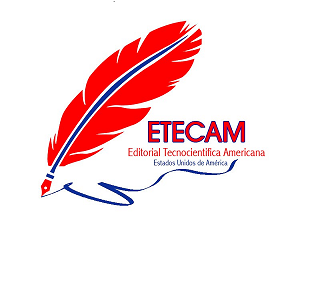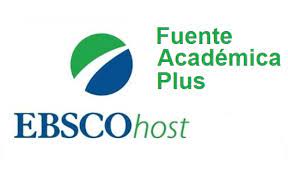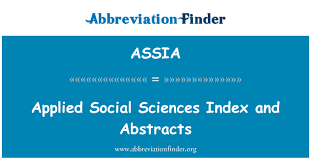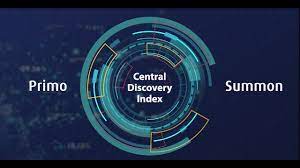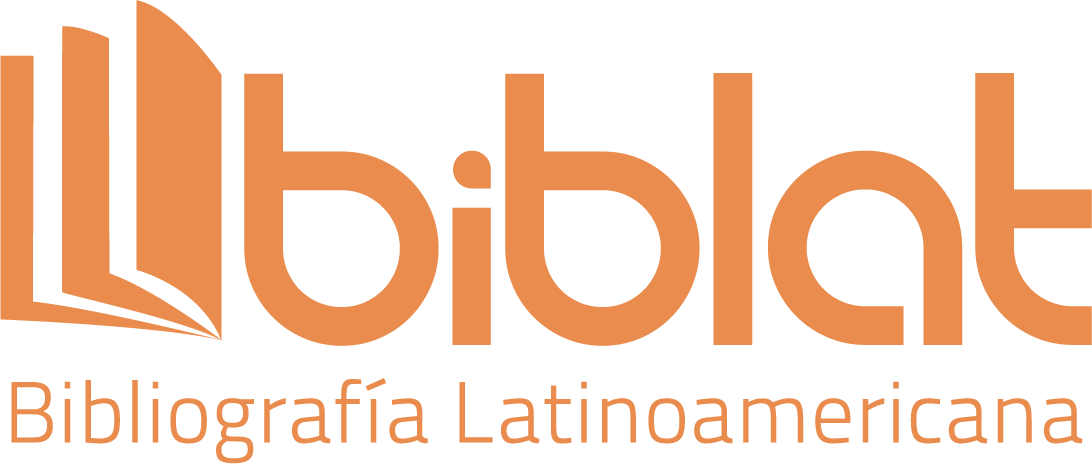Neurodidactic strategy for the emotional development of fourth-grade students of the "Mariscal Sucre" School
DOI:
https://doi.org/10.51736/sa.v7i3.326Keywords:
emotional development, neurodidactic strategy, students, basic education, educational intervention.Abstract
Emotional development in the educational context is crucial for students' psychological well-being and their ability to learn and succeed academically. This study focused on the emotional challenges of fourth-grade students at the ‘Mariscal Sucre School in Cantón Isidro Ayora, highlighting a significant gap between the emotional skills expected by teachers and the students' actual skills, characterized by a lack of ethical values and anxiety. The objective was to design a neuro didactic strategy to strengthen these emotional skills and address the difficulties observed. A pre-experimental design was used, with measurements before and after the intervention. The sample included 35 students previously identified as having emotional problems. Socio-familial data were collected through surveys and structured interviews. Emotional dimensions assessed included participation in group activities, expression of gratitude, empathy, and conflict resolution. The neuro didactic strategy was designed to improve these areas through collaborative activities and emotional regulation exercises in the classroom. After implementation, the emotional dimensions were re-evaluated and a statistical analysis was conducted to assess the strategy's validity. The results showed significant improvements in participation, communication, teamwork, empathy, and conflict resolution. In conclusion, this holistic approach prioritizes emotional well-being to improve the teaching-learning process and effectively address emotional and cognitive challenges in the classroom.
Downloads
References
Alban, G. P. G., Arguello, A. E. V., & Molina, N. E. C. (2020). Metodologías de investigación educativa (descriptivas, experimentales, participativas, y de investigación-acción). Recimundo, 4(3), 163-173.
Allbright, T. N., Marsh, J. A., Kennedy, K. E., Hough, H. J., & McKibben, S. (2019). Social-emotional learning practices: Insights from outlier schools. Journal of Research in Innovative Teaching & Learning, 12(1), 35-52.
Barros, C. D., & Fernández, A. H. (2022). Neuroscience, neuroeducation, neurodidactics and technology. Texto Livre, 15, e41235.
Benavidez, V., & Flores, R. (2019). La importancia de las emociones para la neurodidáctica. Wimb lu, 14(1), 25-53.
Cervantes, M. C. M., & González, M. L. G. (2017). Desarrollo de competencias emocionales en pre-adolescentes: el papel de padres y docentes. Revista electrónica interuniversitaria de formación del profesorado, 20(2), 221-235.
Durlak, J. A., Mahoney, J. L., & Boyle, A. E. (2022). What we know, and what we need to find out about universal, school-based social and emotional learning programs for children and adolescents: A review of meta-analyses and directions for future research. Psychological Bulletin, 148(11-12), 765.
Heras, D., Cepa, A., & Lara, F. (2016). Desarrollo emocional en la infancia. Un estudio sobre las competencias emocionales de niños y niñas. International Journal of Developmental and Educational Psychology. Revista INFAD de Psicología., 1(1), 67.
Jiménez, M. M. R., Cornejo, D. I. M., & Caballero, G. A. R. (2023). Estrategia metodológica neurodidáctica para la enseñanza-aprendizaje del área de ciencias naturales del cuarto año de educación básica. Maestro y Sociedad, 20(4), 1070-1083.
Jones, D. E., Greenberg, M., & Crowley, M. (2015). Early social-emotional functioning and public health: The relationship between kindergarten social competence and future wellness. American journal of public health, 105(11), 2283-2290.
Li, L., Gow, A. D. I., & Zhou, J. (2020). The role of positive emotions in education: A neuroscience perspective. Mind, Brain, and Education, 14(3), 220-234.
LOEI. (2021). Ley Orgánica de Educación Intercultural. Quito: Ministerio de Educación
López-Aguado, M., & Gutiérrez-Provecho, L. (2019). Cómo realizar e interpretar un análisis factorial exploratorio utilizando SPSS. REIRE Revista d'Innovació i Recerca en Educació, 12(2), 1-14.
Luk, G., & Christodoulou, J. A. (2024). Cognitive neuroscience and education. In Handbook of educational psychology (pp. 383-404). Routledge.
Oberle, E., & Schonert-Reichl, K. A. (2017). Social and emotional learning: recent research and practical strategies for promoting children’s social and emotional competence in schools. Handbook of social behavior and skills in children, 175-197.
Patti, J., Holzer, A. A., Brackett, M. A., & Stern, R. (2015). Twenty-first-century professional development for educators: a coaching approach grounded in emotional intelligence. Coaching: An International Journal of Theory, Research and Practice, 8(2), 96-119.
Pertusa, H. L. C. (2022). Educación y neurociencia: los aspectos cognitivos y emocionales en el proceso de aprendizaje. In Educación, Ciencia y Tecnología del Siglo XXI: Proyectos, reflexiones y metodologías (pp. 295-311). Dykinson.
Reguant, M., Vilà, R., & Torrado, M. (2018). La relación entre dos variables según la escala de medición con SPSS. REIRE. Revista d'Innovació i Recerca en Educació, 2018, vol. 11, num. 2, p. 45-60.
Reyes, A. S. C., Martínez, M. D. R. C., & Ponce, M. V. (2017). Bienestar psicológico, metas y rendimiento académico. Vertientes Revista Especializada en Ciencias de la Salud, 19(1), 29-34.
Sanz, B. U. (2021). Competencias emocionales de los docentes y estrategias neurodidácticas: Elementos clave en la formación del profesorado. Miscelánea Comillas. Revista de Ciencias Humanas y Sociales, 79(154), 271-305.
Solms, M. (2017). Review of the Cognitive-emotional brain: From interactions to integration and The feeling body: Affective neuroscience meets the enactive mind. Psychoanalytic Psychology, 34(1). Stafford, M., Kuh, D. L., Gale, C. R., Mishra, G., & Richards, M. (2016). Parent–child relationships and offspring’s positive mental wellbeing from adolescence to early older age. Journal of positive psychology, 11(3), 326-337.
Published
How to Cite
Issue
Section
License
Copyright (c) 2024 Blanca Selenita Villafuerte Martillo, Karina Elizabeth Jiménez Miranda, Raisa Emilia Bernal Cerza, Elizabeth Esther Vergel Parejo

This work is licensed under a Creative Commons Attribution-NonCommercial-ShareAlike 3.0 Unported License.













